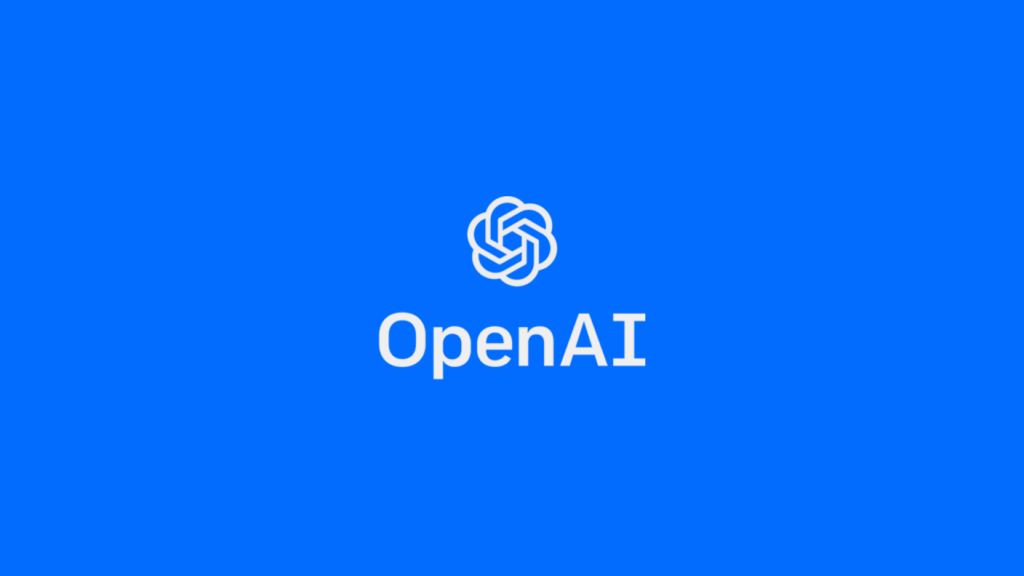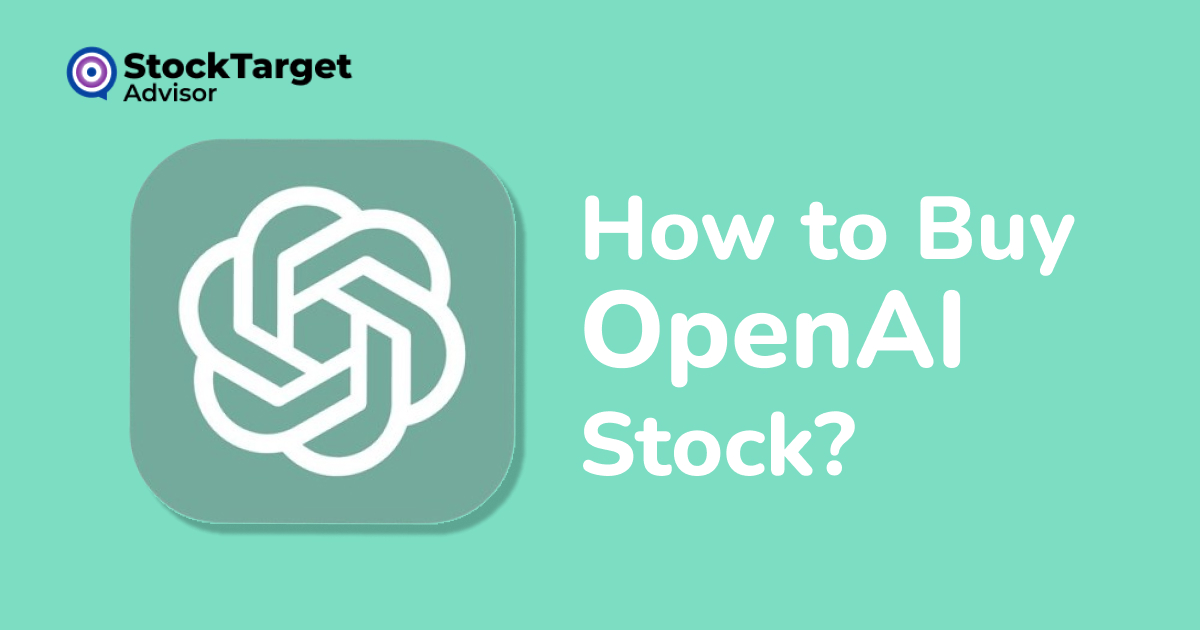OpenAI has sparked global interest and made a huge impact with pioneering AI products like ChatGPT. According to OpenAI CEO Sam Altman, 100 million people utilize ChatGPT each week. However, direct investment in OpenAI is currently unavailable. Despite this limitation, there are alternative ways to participate in the AI revolution sparked by OpenAI.
One strategy is to consider investing in AI-related companies that are well-positioned to benefit from the AI explosion fueled by OpenAI’s breakthroughs. In this article, we cover all the important aspects of OpenAI investing, so you can make an informed decision.
OpenAI Overview:
Founded in 2015, OpenAI has garnered attention for its groundbreaking AI creations such as ChatGPT, DALL-E, and Whisper. Operating as both a non-profit entity and a for-profit subsidiary, the company is dedicated to making AI accessible to the public. Despite its significant contributions to AI research, OpenAI remains a privately held company, not listed on any stock exchange.
As a privately held company, OpenAI maintains a restricted ownership structure compared to public companies. This structure limits transparency and access to financial information, posing challenges for potential investors seeking detailed insights into the company’s operations.

How to Buy OpenAI Stock?
Unlike many tech companies, OpenAI has no intentions of going public through an Initial Public Offering (IPO). This decision is influenced by the company’s hybrid structure and its focus on research and innovation over immediate profitability. While this limits public investment opportunities, it allows OpenAI to maintain its commitment to advancing AI technologies without the pressure of quarterly earnings expectations.
An Indirect Approach to Invest in OpenAI:
When it comes to investing in the rapidly growing field of artificial intelligence (AI), there are various avenues to explore. While OpenAI may not be available for direct investment, there are other tech companies with significant AI research efforts that are publicly traded and offer exposure to this exciting industry. Two such companies worth considering are Alphabet Inc. and NVIDIA.
1. Alphabet Inc. (GOOG: NSD):
As the parent company of Google, Alphabet Inc. stands at the forefront of AI innovation. With a deep commitment to AI research, Alphabet’s subsidiary, Google AI, has been instrumental in advancing machine learning algorithms and improving learning processes.
Investors looking for exposure to AI can consider investing in Alphabet Inc., benefiting not only from its AI endeavors but also its well-established position as a blue-chip company. With a total market capitalization in the trillions and a strong financial track record, Alphabet Inc. offers stability alongside potential growth in the AI sector.
2. NVIDIA (NVDA: NSD):
Although primarily known as one of the world’s largest microchip manufacturers, NVIDIA has made significant investments in AI. The company has dedicated substantial resources to develop cutting-edge AI technologies, making it an attractive option for investors seeking exposure to the AI market.
NVIDIA’s expertise lies in both hardware and software solutions for AI, particularly in areas like autonomous vehicles, data centers, and gaming. With a strong track record of growth and multiple revenue streams, NVIDIA presents an opportunity for investors to capitalize on the expanding AI market.
By considering investments in companies like Alphabet Inc. and NVIDIA, investors can gain exposure to the exciting world of AI.
How Does OpenAI Generate Revenue?
As a research organization, OpenAI’s primary focus is on developing advanced artificial intelligence technologies and making them accessible to the broader public. While the company is not publicly traded, it generates revenue through a variety of means.
1. Offering Commercial Applications of AI Technology:
One of the essential ways OpenAI generates income is by offering commercial applications of its cutting-edge AI technology to businesses and industries. For example, OpenAI’s latest AI model, GPT-4, could be offered as a subscription service to companies seeking to leverage advanced natural language understanding and generation technology. By licensing its technology to various businesses, OpenAI can leverage its expertise to generate revenue.
2. Forming Partnerships for AI Solutions:
In addition to offering commercial applications of its AI technology, OpenAI also forms partnerships with companies to develop bespoke AI solutions. These partnerships allow OpenAI to integrate its expertise into a business’s core processes, contributing to improved efficiency and profitability.
3. Licensing OpenAI Technology:
Another way OpenAI generates revenue is by licensing its technology to third-party firms. By giving others access to its AI technology, OpenAI can receive licensing fees or other forms of compensation. Through these partnerships, OpenAI can continue to innovate and remain at the forefront of AI research and development, while also earning revenue.
Get access to the best stock analysis tools and insights with a free account today! Sign up!
Analyzing the Risks and Rewards of Investing in OpenAI:
Investing in OpenAI offers both risks and rewards. Let’s take a closer look at each:
1. Risks:
Below are the key risks associated with investing in Open AI.
- Limited Transparency: OpenAI’s private ownership structure limits transparency and access to detailed financial information, making it challenging for investors to evaluate the company’s current and future financial performance.
- Longer-Term Profitability Focus: Being a research-focused organization, OpenAI’s primary focus is on long-term innovation and advancements in AI. This means that potential returns for investors might be more long-term in nature and not realized immediately.
2. Rewards:
Here are the top rewards associated with investing in Open AI.
- Potential for Significant Gains: If OpenAI successfully commercializes its AI technology and gains market traction, there is the potential for significant gains for investors, especially considering the increasing demand for AI across various industries.
- Becoming a Major Player in the AI Market: OpenAI is well-positioned to become a major player in the AI market. With its cutting-edge research and technology, the company has the opportunity to shape the future of AI and capture a substantial market share as the demand for AI continues to grow.
Major Competitors of OpenAI:
OpenAI faces competition from several companies in the AI industry, each with its unique approaches and innovations. Here are the main competitors of OpenAI:
1. Gemini:
Gemini stands out as a formidable contender in the AI landscape. Their unwavering commitment lies in constructing decentralized AI systems. By leveraging blockchain technology, Gemini crafts AI solutions that prioritize transparency, security, and resilience that set them apart from the mainstream.
2. Co-pilot:
Microsoft Corporation (MSFT: NSD) introduces Co-pilot, presents another significant challenge to OpenAI. Renowned for their trailblazing methodologies. Their cutting-edge technologies and groundbreaking ideas have captured industry attention, disrupted the norm and posing a serious threat to OpenAI’s established dominance. With an unyielding pursuit of excellence, Co-pilot continually expands the frontiers of AI, raising the bar for the entire field.
The Bottom Line:
OpenAI is privately held, so stock investors and financial experts can use alternative companies to take advantage of the AI sector.
Muzzammil is a content writer at Stock Target Advisor. He has been writing stock news and analysis at Stock Target Advisor since 2023 and has worked in the financial domain in various roles since 2020. He has previously worked on an equity research firm that analyzed companies listed on the stock markets in the U.S. and Canada and performed fundamental and qualitative analyses of management strength, business strategy, and product/services forecast as indicated by major brokers covering the stock.





































